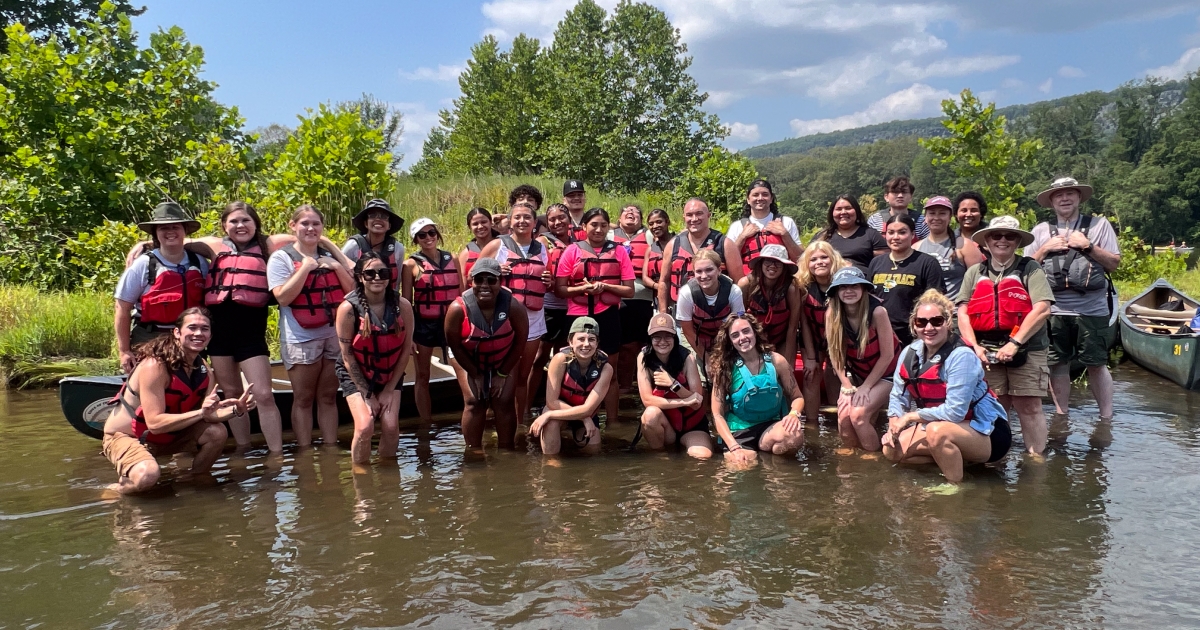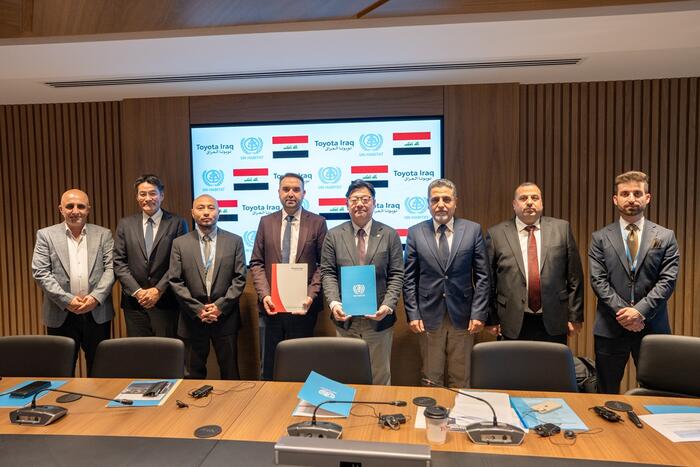The seals of the three federally recognized Lenape Tribal Nations in the United States – the Delaware Nation, Delaware Tribe of Indians and the Stockbridge-Munsee Community.
Since time immemorial, Indigenous peoples have cared for the land today’s American public live, work, and recreate on.
The Service has a trust responsibility for federally recognized Tribal Nations and must consider whether our proposed actions will affect Tribal interests. We coordinate best practices for landscape conservation and cultural and historic preservation in accordance with federal laws and our Native American Policy. Our decision-making is enhanced by Tribes’ Traditional Ecological Knowledge — or Indigenous Knowledge — which is the evolving wisdom and experience acquired by Indigenous peoples over thousands of years, through their direct contact with the environment.
But how can Indigenous communities that were forcibly removed from their ancestral homelands give substantial information on how to care for them?
Three Lenape Tribes facing this conundrum wanted to reconnect their youth with their ancestral homeland in the Delaware River Watershed. Thanks to some guidance from the U.S. Fish and Wildlife Service and an America the Beautiful Challenge grant, the Tribes can make this dream a reality.
Lenape Tribes’ Homelands
During the 19th century, three Lenape Tribal Nations were forced by war, disease and exploitative treaties to leave the territories that had supported their ancestors for millennia. Called the Lënapehòkink, these territories include modern northeastern Delaware, New Jersey, eastern Pennsylvania along the Delaware River watershed, New York City, western Long Island and the lower Hudson Valley.
Map of the Lënapehòkink displaying its reach of territories from New York down to New Jersey. (Credit: Nikater/Wikipedia)
Following a painful period of westward removals, the Delaware Tribe and Delaware Nation resettled in Oklahoma, and the Stockbridge-Munsee Community resettled in Wisconsin. They are the three federally recognized Lenape Tribal Nations in the United States.
Partnering to find solutions
At a routine meeting with…


 Capital Power will retain management and operation of the assets through a long-term agreement. Credit: GheorgheGarcu / Shutterstock.
Capital Power will retain management and operation of the assets through a long-term agreement. Credit: GheorgheGarcu / Shutterstock.  Company Profile – free sample
Company Profile – free sample 



 The Port Dover and Nanticoke Wind facility in Ontario. (Courtesy Capital Power)
The Port Dover and Nanticoke Wind facility in Ontario. (Courtesy Capital Power) 







